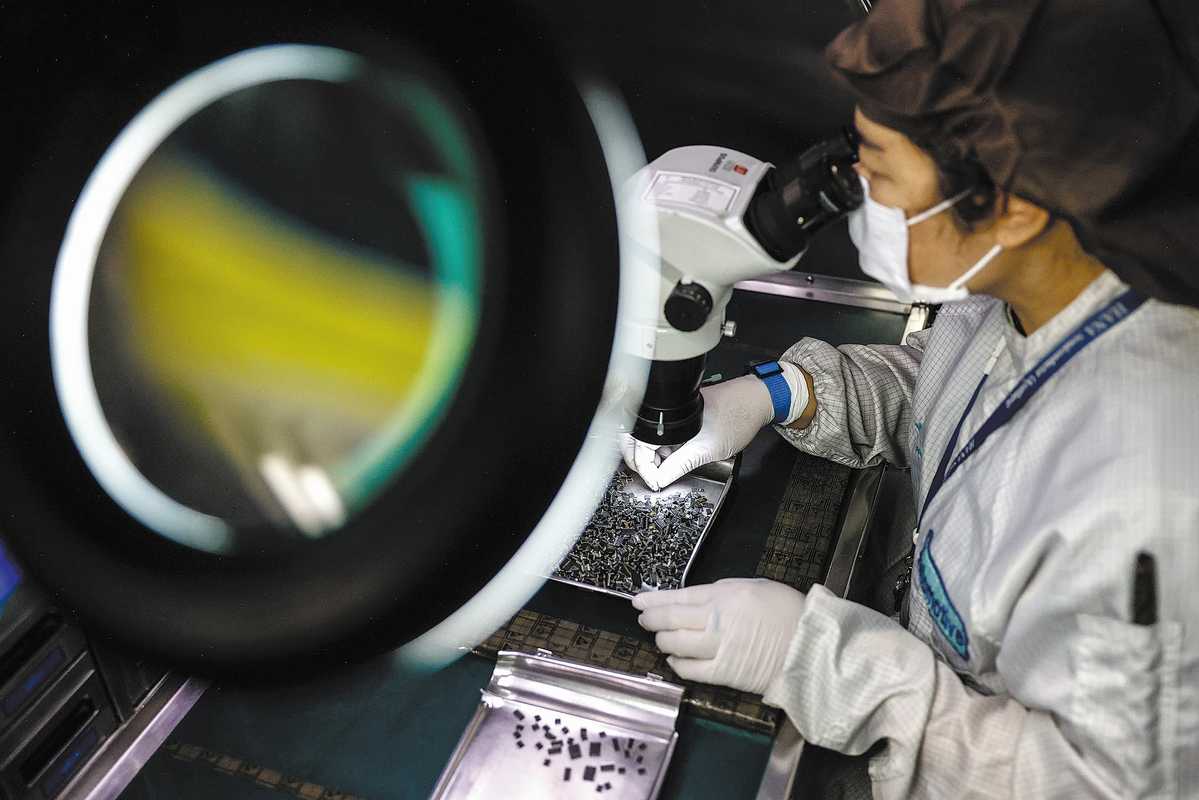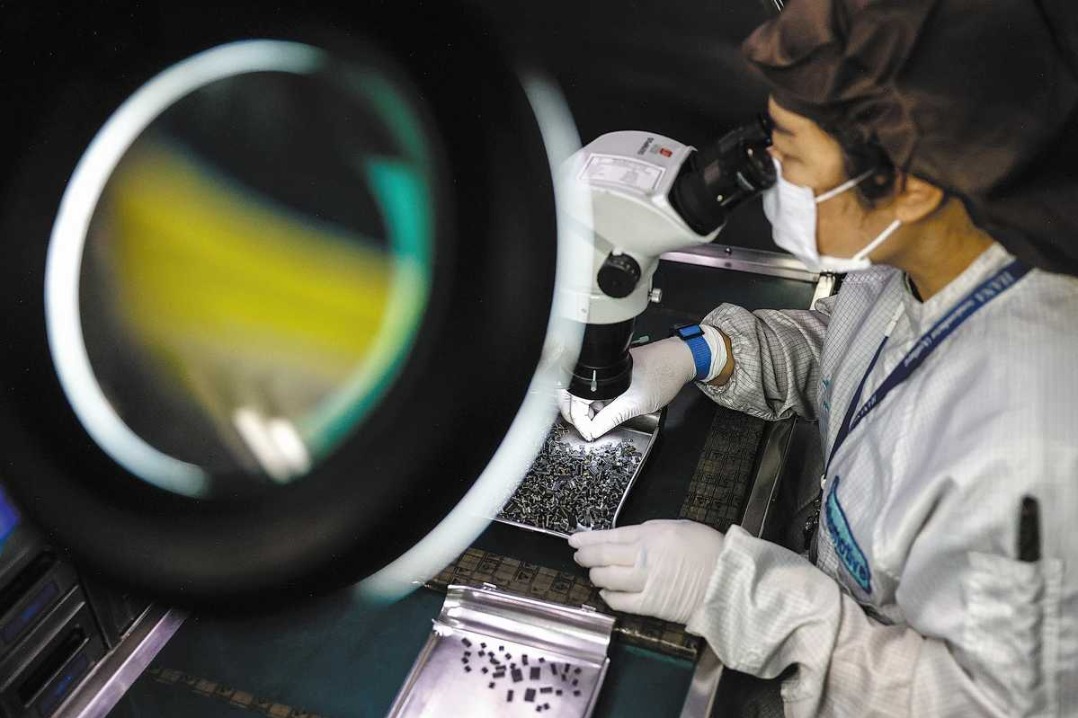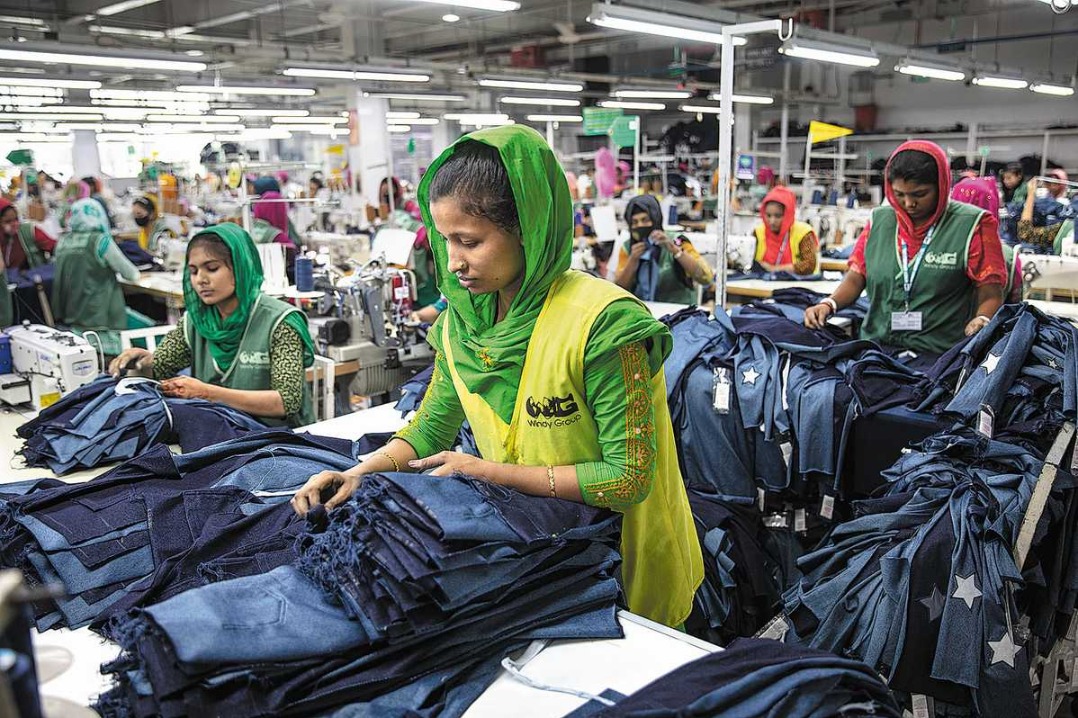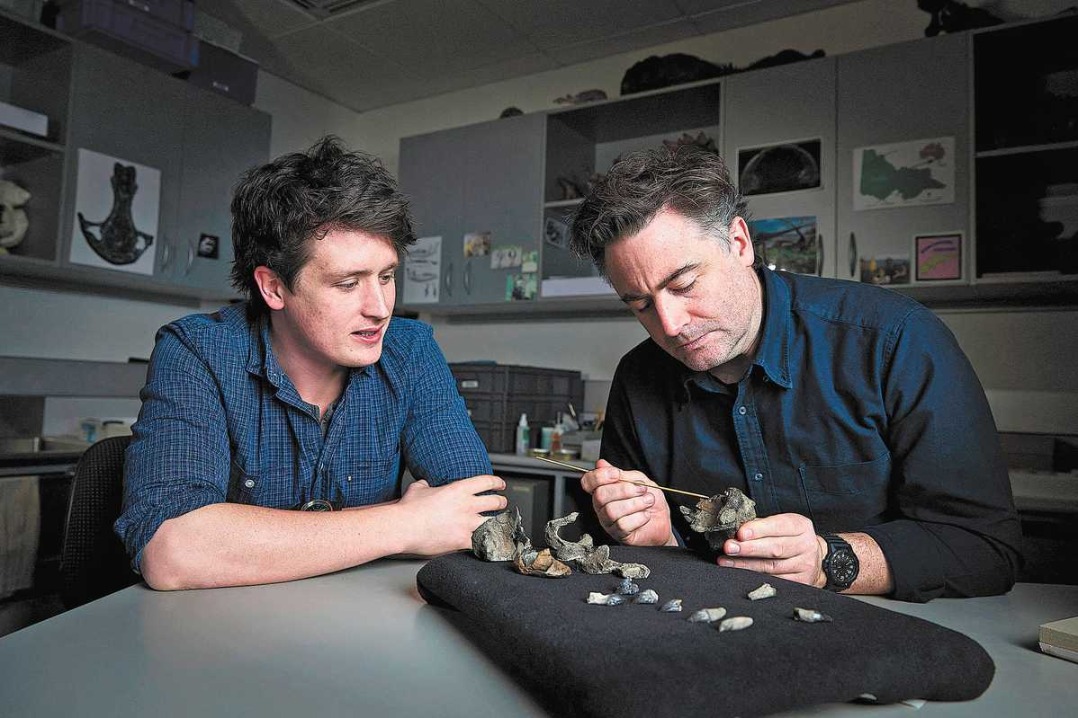Thai experts urge innovation push to counter tariffs


Thai experts have called for a long-term strategy to offset the negative effects of US tariffs, saying Thailand should strengthen its competitiveness by investing more in innovation and technology while expanding its trade partners, including focusing more on China.
The United States recently announced a new "reciprocal" tariff rate for Thailand at 19 percent, which is significantly lower than the previously proposed 36 percent. The new rate is almost on par with those on several other members of the Association of Southeast Asian Nations, but lower than the levy on Vietnam.
"The reduced tariff attributed to the government's negotiation efforts is not over yet," said Wichai Kinchong Choi, a business development expert at Kasikorn Bank in Bangkok. "What's more important is to strengthen the country's own risk resistance capacity amid the future global challenges through building a robust economy."
A cautiously optimistic attitude should be held as the US has not yet revealed its additional conditions, Wichai said. According to the agreement, for example, Thailand must fully open its domestic agricultural product market and exempt agricultural products imported from the US from tariffs.
"The move will pose risks to Thailand's domestic fruit market," he said.
In the long term, he said, Thailand should further expand into new markets to diversify risk and enhance its production processes to reduce costs while further strengthening its partnership with ASEAN countries and major trade partners such as China.
"As the global trade will deepen, Thailand should urge its major sectors to accelerate reform by leveraging innovation and technology," Wichai said. "We need to adapt and enhance our own competition by investing more in industries such as clean energy, artificial intelligence and electric vehicles that contribute to the kingdom's industrial upgrading and sustainable development."
After the announcement of the reduced tariff rate, Kasikorn Research Center in Bangkok released a report estimating that the Thai economy is expected to grow by 1.5 percent this year, an improvement from the prior projection of 1.4 percent.
Pornchai Thiraveja, director-general of the Fiscal Policy Office at the Thai Finance Ministry, said in a recent interview with the Bangkok Post that the ministry plans to implement stimulus measures to spur domestic spending and investment to support the economy.
Stimulus measures
Measures may include accelerating the disbursement of public investment budgets for infrastructure projects, introducing tax policies to encourage consumption, and supporting the tourism and service sectors.
In addition, the government has established a Competitiveness Enhancement Fund with a budget of 10 billion baht ($308 million), targeting vulnerable industries or those requiring urgent adaptation, which can also aid local businesses in adapting to changing trade conditions.
Apart from solving the internal problems, experts said Thailand should join hands with Southeast Asian countries to open up further and improve market facilitation, as well as improve trade rules and regulations for deepening cooperation with more partners, including China.
Piti Srisangnam, executive director of the ASEAN Foundation, said Thailand has so far joined several regional agreements, such as the ASEAN Trade in Goods Agreement, which are crucial for it to strengthen cooperation with more partners.
He urged the Thai government to upgrade regulations and agreements with other trade partners and enlarge existing cooperation frameworks, such as the Regional Comprehensive Economic Partnership.
"Apart from that, we also need to access the larger market, such as BRICS Plus, which will provide Thailand with access to a larger market, facilitating trade and investment opportunities," Piti said. "Being part of BRICS can elevate Thailand's political status on the global stage, providing it with a platform to voice its interests and contribute to global economic and political discussions."
The tariff policy initiated by the US can be a good chance for Thailand to reshape its industry and economy, said Suthiphand Chirathivat, a professor emeritus of economics and former director of the ASEAN Studies Center at Chulalongkorn University in Bangkok.
"Moreover, the trade war will very likely bring ASEAN and China even closer," Suthiphand said.
yangwanli@chinadaily.com.cn































